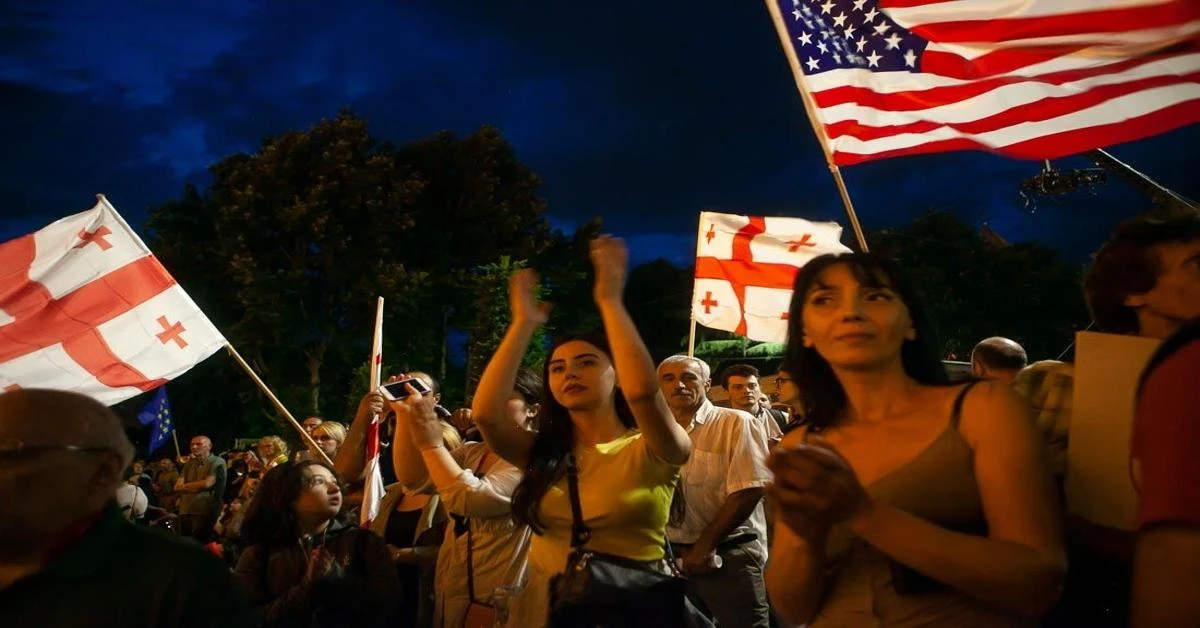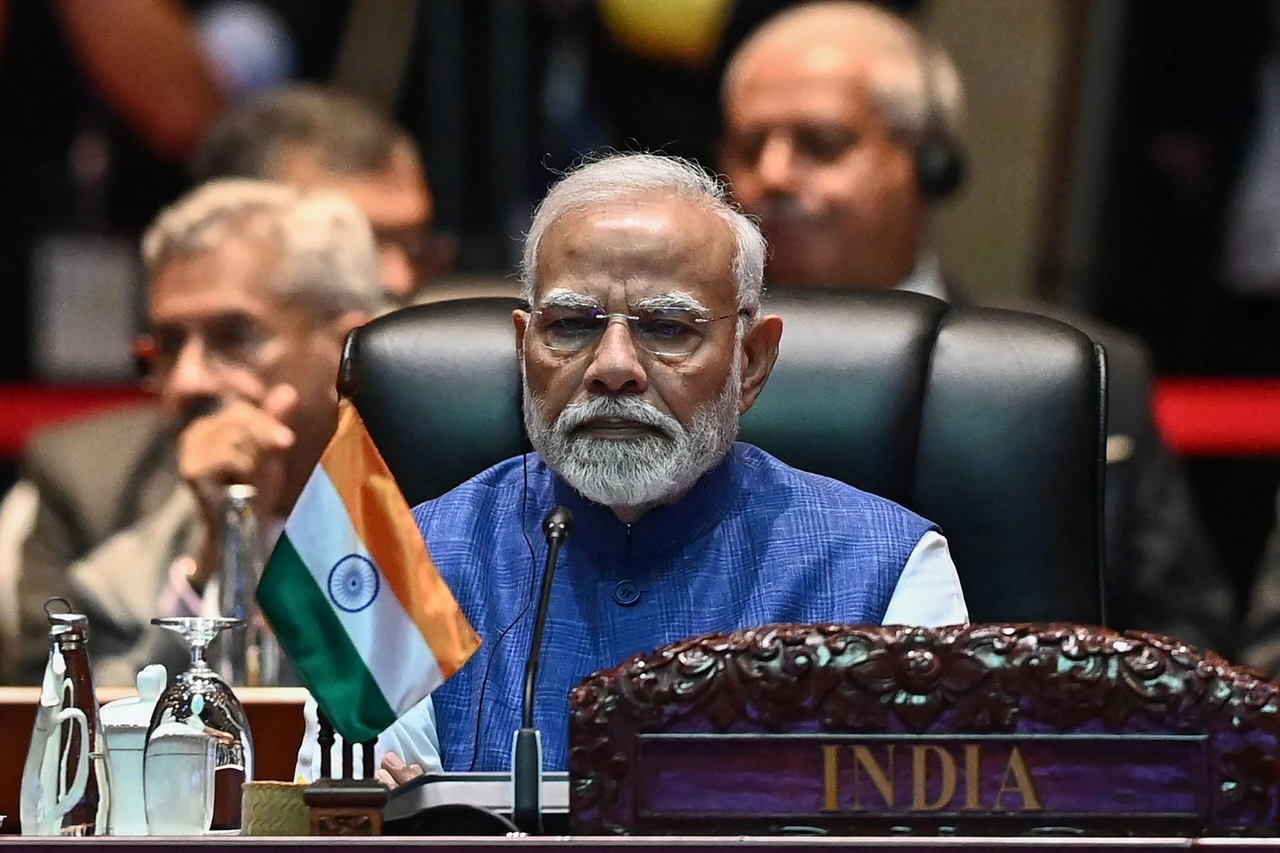US takes a tough step against Georgia: They will impose sanctions
 Demonstrators attend a rally organized by Georgian opposition parties in support of the country s membership in the European Union, Tblisi, April 9, 2023 (AFP Photo)
Demonstrators attend a rally organized by Georgian opposition parties in support of the country s membership in the European Union, Tblisi, April 9, 2023 (AFP Photo)
The ‘transparency of foreign influence’ law approved by the Georgian Parliament on April 17th has been assessed by the U.S. as an act to ‘undermine democracy.’ U.S. Secretary of State Blinken made remarks regarding the issue. He announced a new visa restriction policy targeting those responsible for undermining democracy in Georgia, including those associated with the controversial “foreign agent” law that triggered weeks of mass protests in Tbilisi.
Blinken stated, “I am announcing a new visa restriction policy targeting those responsible for undermining democracy in Georgia, including those associated with the ‘foreign influence’ law proposed by the ruling Georgian Dream party.”
Furthermore, Blinken said, “I am also launching a comprehensive review of bilateral cooperation between the United States and Georgia.”
Prompt reaction from Tbilisi
Georgia reacted promptly to the U.S. decision. In a statement regarding the restriction, it was noted that imposing visa restrictions on government representatives would be an anti-Georgian step.
The statement defended against the alleged policy of blackmail and threat towards Georgia, stating that it contradicts the spirit of partnership and strategic cooperation between two sovereign states.
Additionally, it emphasized that this decision is actually an attempt to restrict Georgia’s independence and sovereignty.
Law restricting foreign influence
The law proposal titled “transparency of foreign influence” presented by the Georgian Dream Party in April received initial approval in parliament on April 17th, followed by a second approval on May 1st. This law is known as the Russian law.
In the third and final vote in the General Assembly on May 14th, the proposal was passed with 84 “yes” votes against 30 “no” votes.
The regulation stipulates that organizations in Georgia receiving more than 20% of their funds from abroad must register as an “organization serving the interests of a foreign power” or face fines.
According to the law, institutions such as NGOs and media considered as “organizations serving the interests of a foreign power” are required to be registered under the same name in the public registry.
The proposal sparked protests both in parliament and nationwide during the legislative process. Opponents labeled the proposal as the “Russian law.” President Salome Zurabishvili announced on May 18th that she had vetoed the law. However, the ruling party holds a majority in parliament that can override President Zurabishvili’s veto.
The law, sent back to parliament, is expected to be re-voted on and passed again in the coming days.



